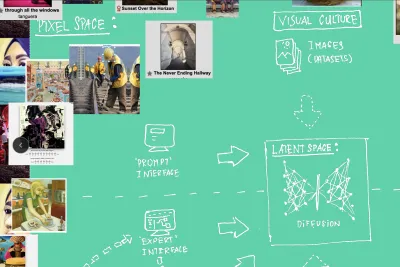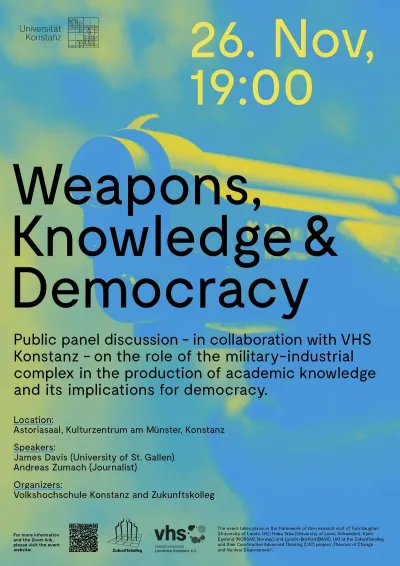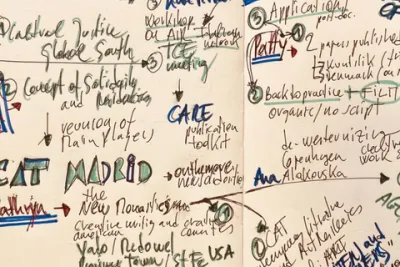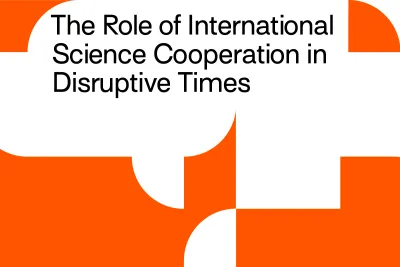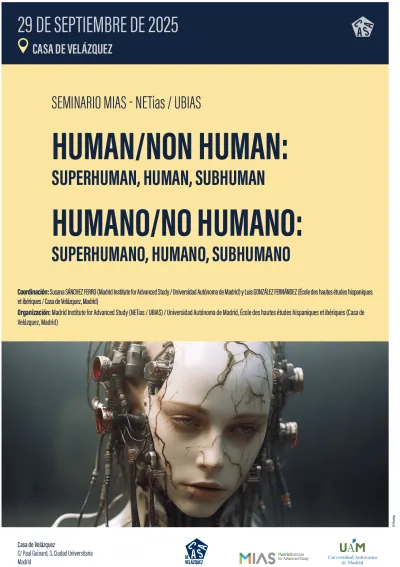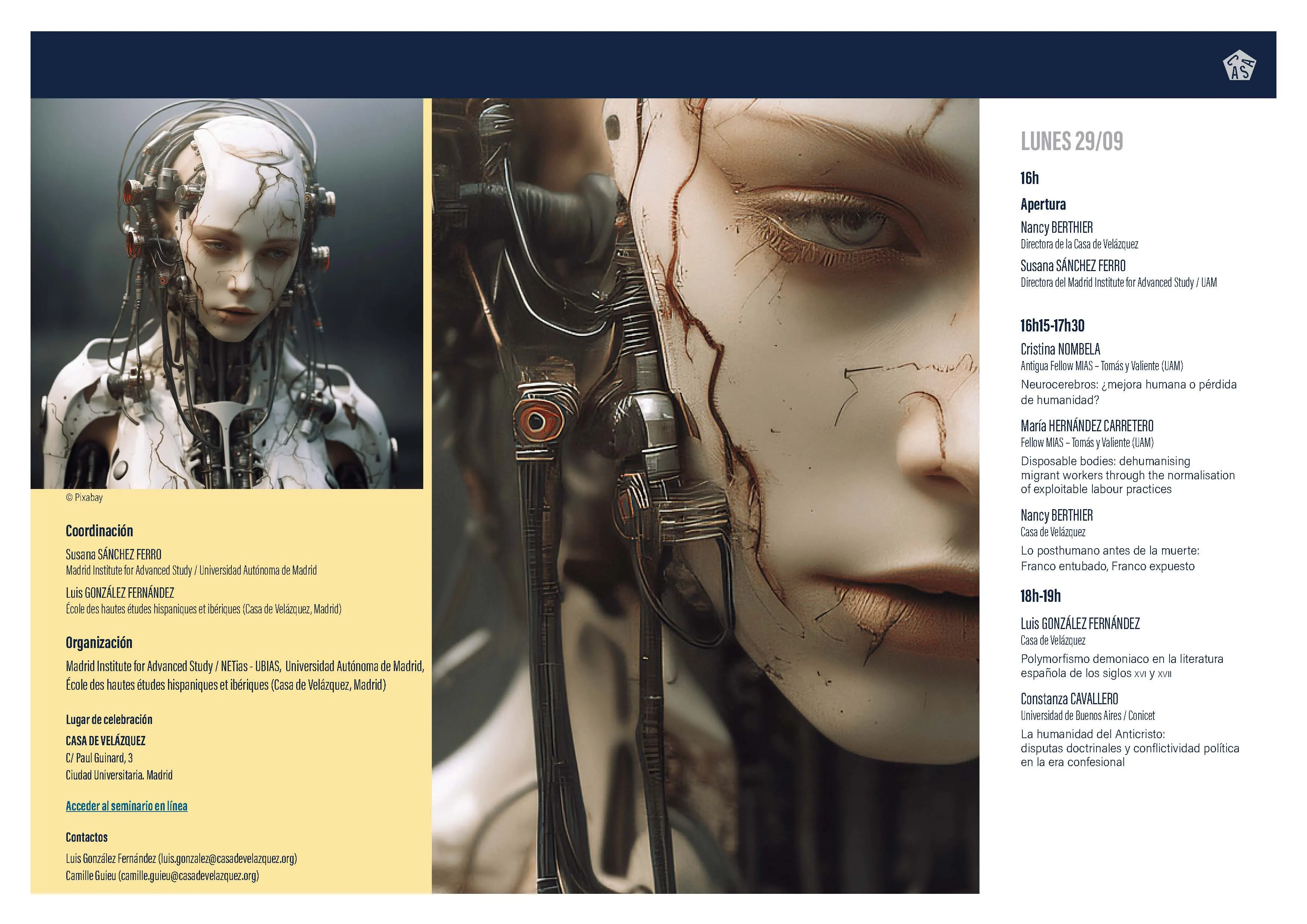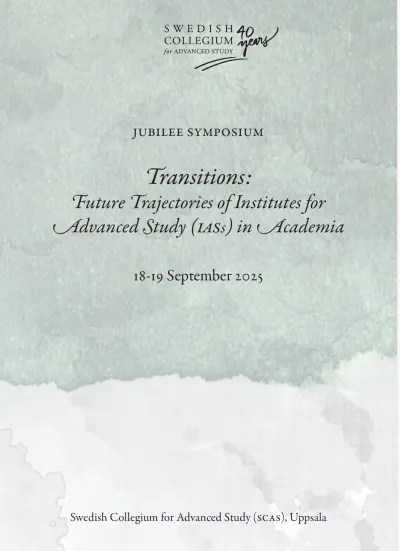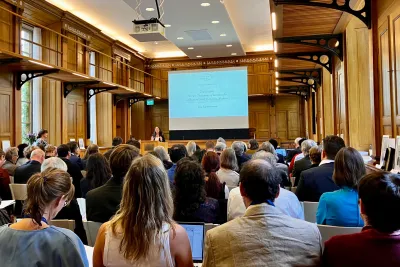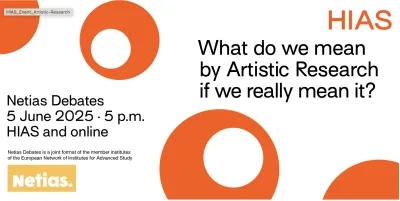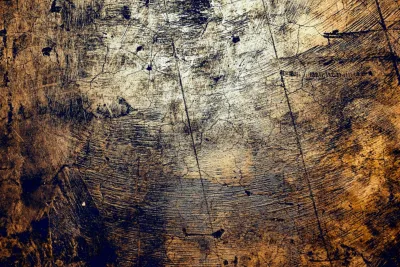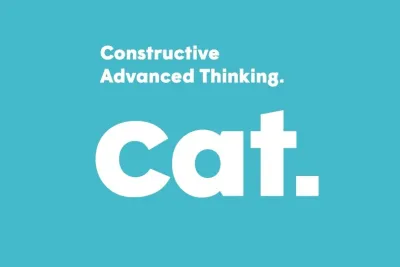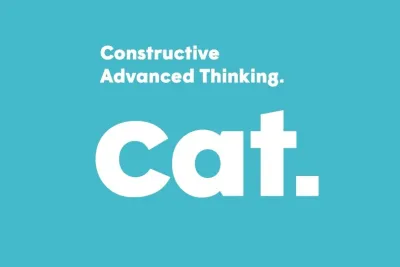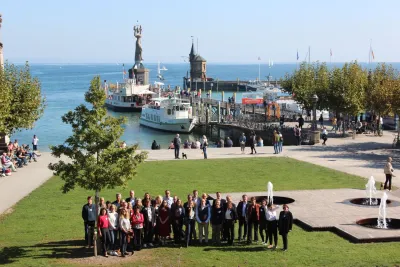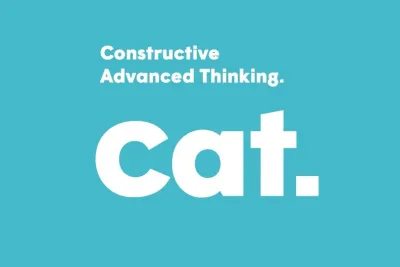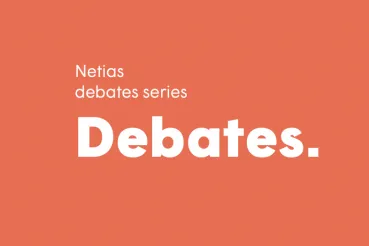This year, the Helsinki Collegium for Advanced Studies celebrates its 25th anniversary. Established in 2001, the Collegium was founded to follow the original Institute for Advanced Study model by providing outstanding scholars in the humanities and social sciences with the freedom necessary for cutting-edge, curiosity-driven research. Over the past quarter-century, the Collegium has grown into a vibrant international community known for its collegial and multidisciplinary atmosphere.
In addition to the main celebration, the Collegium organizes various events during the three first weeks of June.
Program
2:15 pm
Musical Performance
Anniversary Greetings
Hanne Appelqvist, Director of HCAS
Kari Raivio, Chancellor Emeritus of the University of Helsinki
Hanna Snellman, Vice-Rector of the University of Helsinki, Chair of the HCAS Board
Ann Phoenix, Professor of Psychosocial Studies (University College London), Member of the HCAS Academic Advisory Board
Screening of HCAS Video
Keynote Address
Jane Cowan, Professor Emerita of Anthropology (University of Sussex), Former Jane and Aatos Erkko Visiting Professor in Studies on Contemporary Society
Professor Cowan will be introduced by Professor of Social and Cultural Anthropology Sarah Green (University of Helsinki).
Musical Performance
4:30 pm
Reception in the Foyer
7:00 pm
Dinner at Katajanokan Kasino (Laivastonkatu 1)
Dress Code: Dark suit


